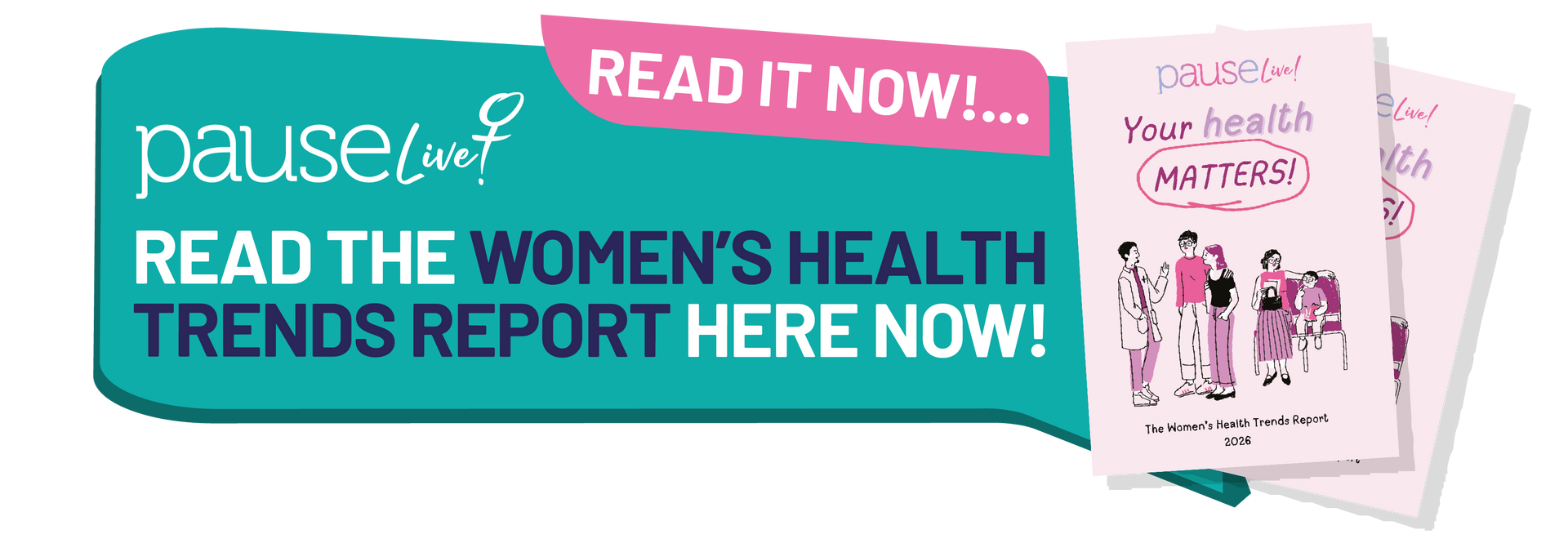Alternative therapies to manage menopause symptoms
When it comes to the menopause, all women experience symptoms differently. Some may sail through ‘the change’, while others can struggle with a myriad of side effects.
While Hormone Replacement Therapy (HRT) is the main clinical treatment available to help regulate your hormones and calm menopausal symptoms, there are alternative therapies you can try.
Why try alternative therapies?
Natural menopause treatment methods can be appealing to some women who can’t or don’t want to take prescription HRT medication. According to the NHS, HRT may not be suitable for those with a history of breast, ovarian or womb cancer, blood clots, liver disease or have untreated high blood pressure.
For others, they may simply not want to experience the side effects associated with HRT, which can include breast tenderness, headaches, feeling sick, indigestion, tummy pain and vaginal bleeding.
Alternative therapies therefore offer a different solution.
What alternative therapies are available?
Lifestyle changes
Regular exercise, eating a healthy diet full of nutritious food, cutting down on alcohol, smoking and spicy foods can all have a positive impact.
Recommended foods include those that are rich in:
- Antioxidants such as spinach, kale, peppers, carrots and berries
- Lignan such as linseeds, sesame seeds, wholegrains and pulses
- Omega-3 such as oily fish, flaxseeds, almonds and walnuts
- Soy such as tofu, edamame beans and soya milk
Try Clonidine
This is a non-hormonal drug that may reduce hot flushes and night sweats, although there’s not lots of evidence supporting its use. It’s taken as a tablet two or three times a day. Side effects include a dry mouth, drowsiness, depression and constipation.
Stay cool
- Wearing loose fitting clothing in a breathable fabric such as cotton or linen can help
- Avoid putting the heating on
- Sleep with just a sheet rather than a heavy duvet
- Leave your bedroom window open at night
- Pop a bottle of water in the freezer, take it out about an hour before bed and take it with you in a metal flask – as it melts it should stay cooler for longer
- Carry a water spray/fan with you
Give yoga or tai chi a go
Both exercises have clinical research supporting them as great relaxation tools for menopausal women. They help you to destress, focus on your breathing, and improve your health and fitness.
Lube up
If vaginal dryness is bothering you, try a vaginal lubricant or moisturiser. These are available to by over-the-counter from most shops and pharmacies.
Consider antidepressants
Taking antidepressants can be particularly helpful if you’re suffering from low mood, while some reports suggest they can help with hot flushes. It’s always advisable to try other ways to lift your mood before taking antidepressants, but speak to your GP if you’re not having any luck and want to give them a go.
Side effects can include having a low sex drive, as well as feeling agitated, shaky, anxious, sick or dizzy.
Look into bioidentical hormones
Bioidentical Hormone Replacement Therapy involves the use of duplicates of human hormones, products by specialist pharmacies. They will test hormone levels in advance and create personalised prescriptions for patients.
Many women report the benefits of BHRT, but it’s important to note that it is not endorsed by the NHS or the British Menopause Society for various reasons. It’s important to do your research and only see medically-qualified professionals for advice before embarking on treatment.
Take natural remedies and supplements
If you’re not keen on taking medication, then there are a number of natural remedies and supplements that you can try, which have some clinical research supporting their use:
Sage: scientific evidence suggest this can help reduce hot flushes and night sweats
Vitamin E: again can help with hot flushes and sweats, as well as being a great option for itchy skin
Sea buckthorn: women taking this every day have reported a reduction in vaginal dryness, itching and burning
Coconut oil: another great way to relieve vaginal dryness, which can also be used to manage itchy skin
Ginkgo biloba: can help boost your sex drive and reduce anxiety
Soy: great for hot flushes and night sweats
Black cohosh: again good for the sweats
Agnus castus: helps alleviate low mood, as well as reduces hot flushes
Red clover: studies suggest it can lower levels of fat in the blood, which is beneficial as the risk of heart disease rises after the menopause
Evening primrose oil: can help calm a range of symptoms including hot flushes
St John’s Wort: a useful option if anxiety or a low mood is troubling you, while it can also reduce hot flushes and night sweats
PureCyTonin®: helps alleviate night sweats, irritability, tiredness and fatigue, hot flushes and sleep problems
The NHS advises that while these products are marketed as natural, it does not mean they’re necessarily safe. The quality and purity of ingredients cannot always be guaranteed, and you may experience unwanted side effects. It’s worth chatting to a healthcare professional before you try a complementary therapy.


